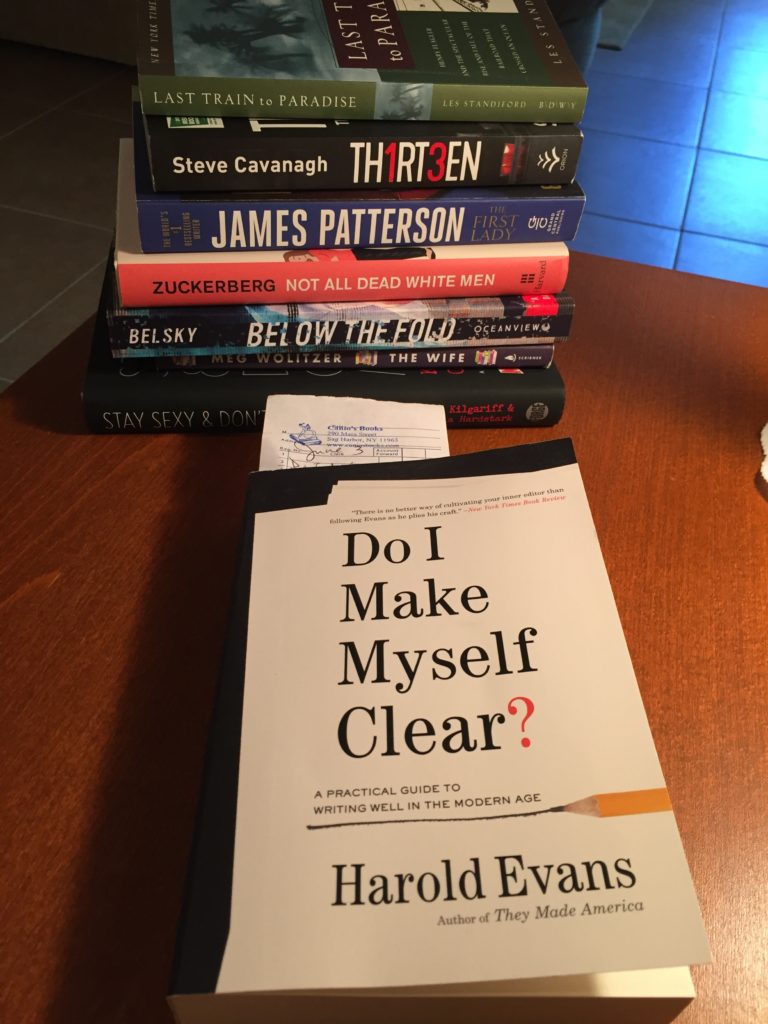
The other day, I got to seriously thinking about the pros and cons of e-books versus the real thing. Okay, okay don’t yell at me. I didn’t mean that e-books are inferior to printed hardcovers and paperbacks. Just wanted to get your attention — although if you’re a reader, you probably already have a strong opinion about the issue and maybe you do side with people like the CEO of major publisher who, a while back, said that e-books are “stupid.”
Bookstores Are The Best
What got me thinking about the issue all over again was a recent trip to Sag Harbor. And, let me just say, there’s absolutely no better way to spend a glorious summer afternoon (summer starts on Memorial Day out on the East End of Long Island) than to linger over a leisurely lunch in a restaurant on the water followed by a book-buying spree in the town’s three (count them, three!) bookstores.
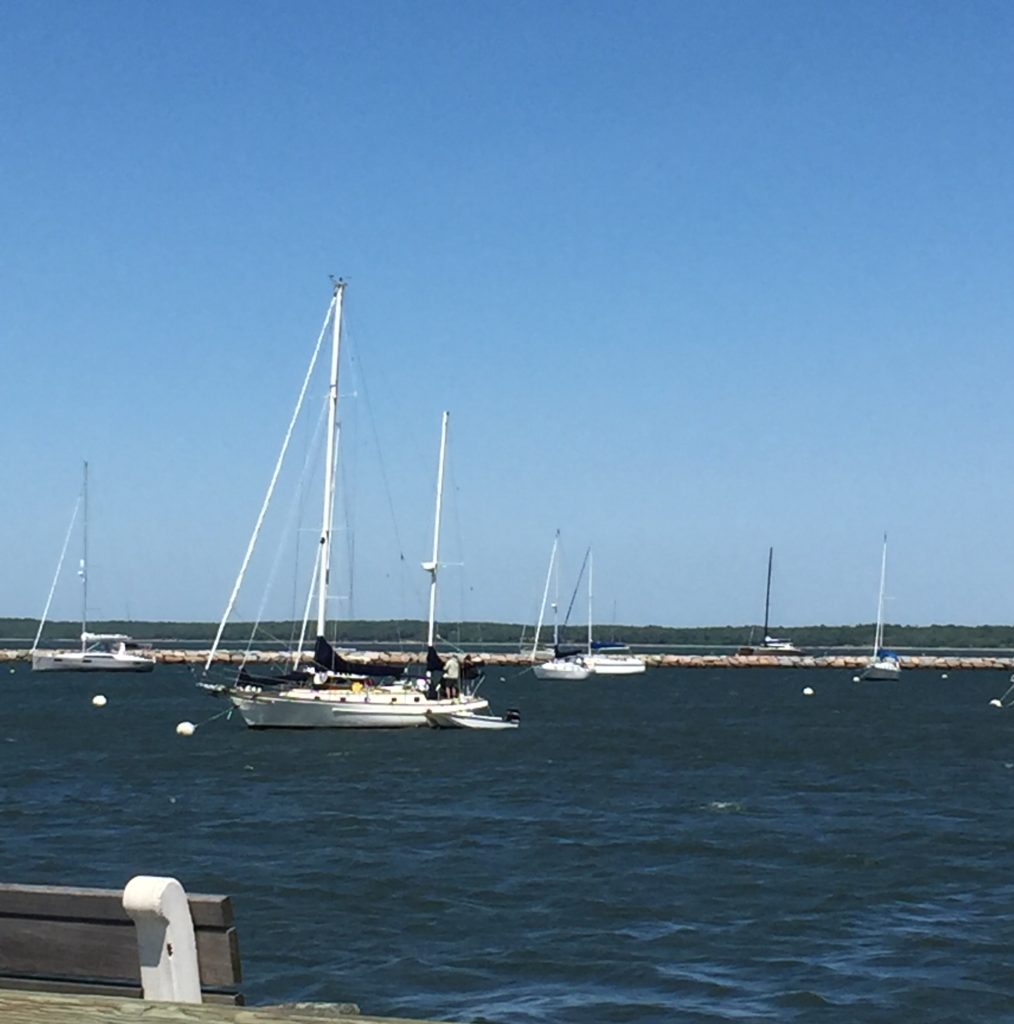
In the interests of full disclosure, I buy more e-books than hardcovers or paperbacks these days, But bookstores are in my blood and DNA: My very first ever summer job as a 15-year old in London was at Foyle’s Bookstore on Charing Cross Road. Back then, with 30 miles of bookshelves, it was known as the world’s largest bookshop.
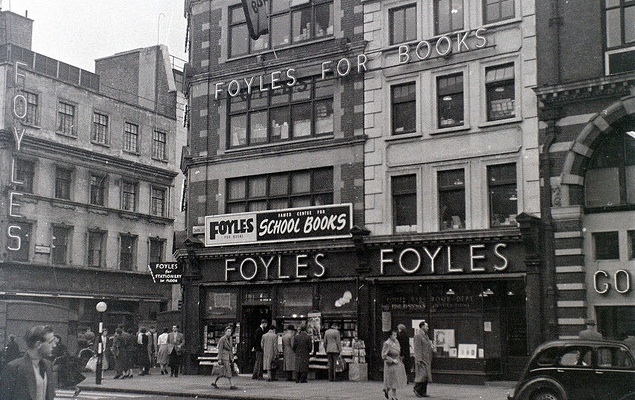
So, I’ll never, ever walk past a bookstore, anywhere in the world, without walking inside and purchasing at least one book. Happily, just this weekend, a British newspaper carried an article about how bookstores are making a comeback –and thriving— in my native land.
Literary & Artsy
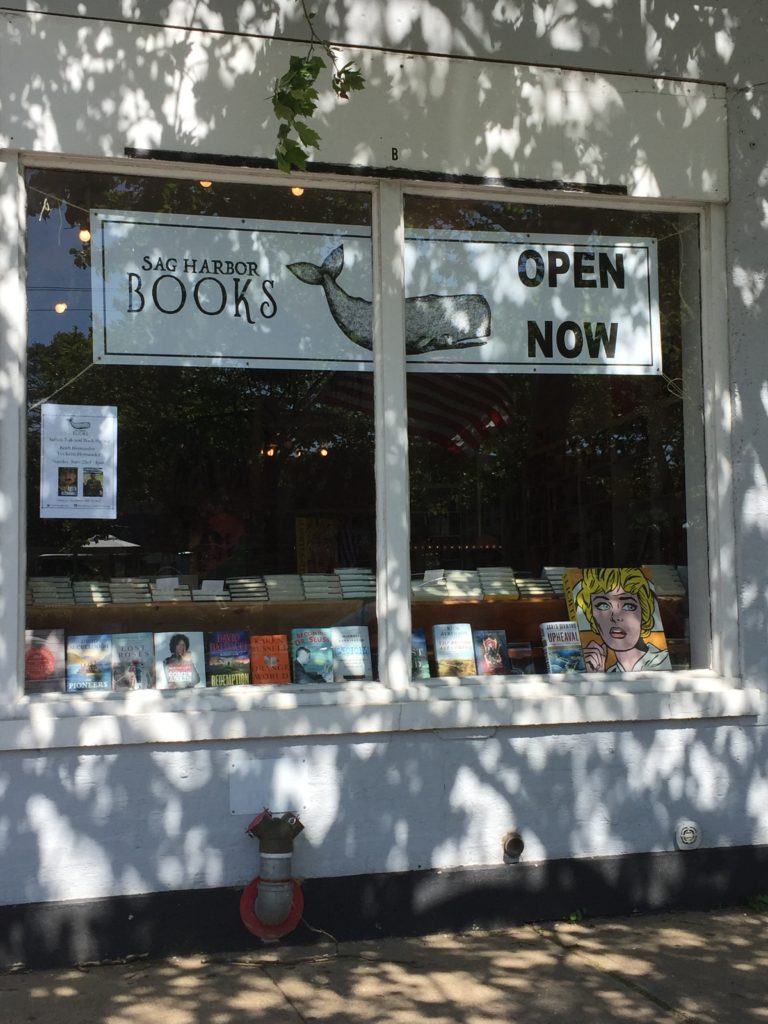
At the newest bookstore, Sag Harbor Books, at the wharf end of Main Street, I asked store clerk, Joanna, whether the town (population winter: 2,200 but swelling to two or three times the number in the summer) could really support three bookstores. “Yes,” she replied. “Sag Harbor is very literary — and artsy.”
Sag Harbor Books is a sister/companion bookstore to Southampton Books, on Hampton Road, one town over. So, you figure they know something about the book-buying population in the Hamptons.
One Block Off Main
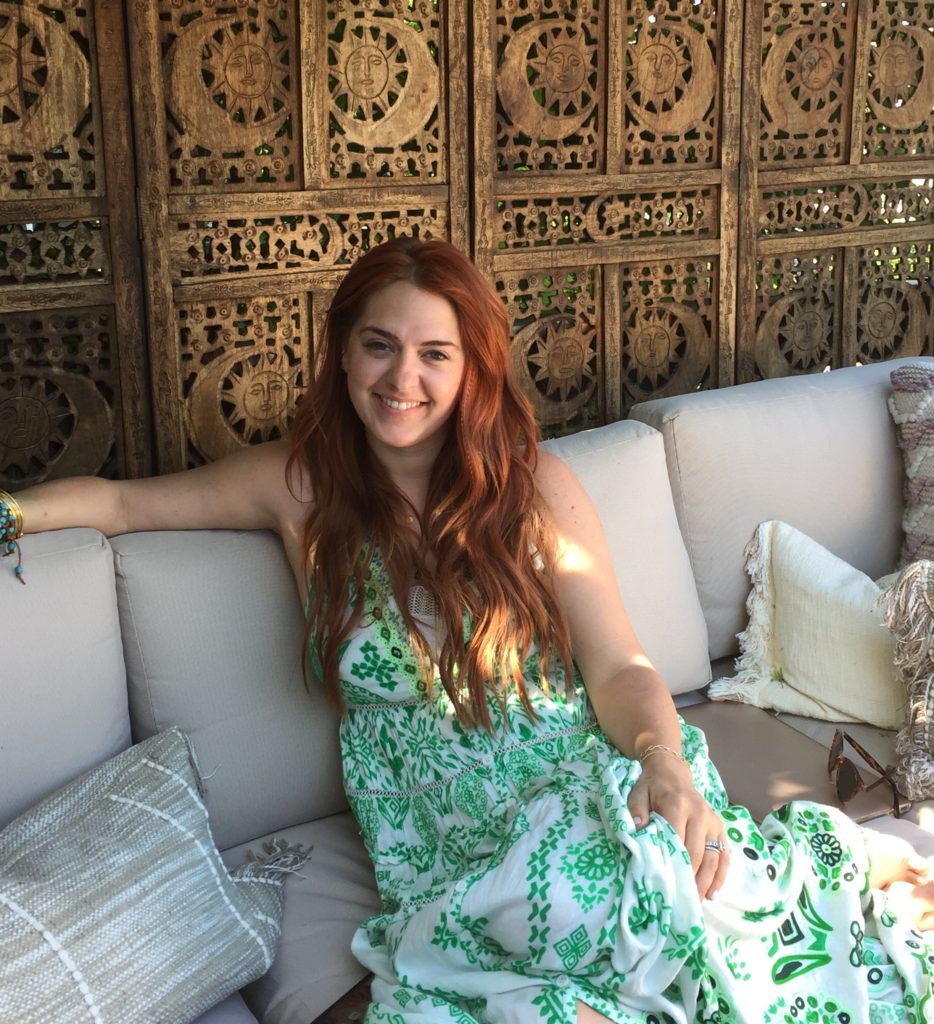
Over at Berry & Co., formerly Harbor Books, Taylor Rose Berry, the owner who moved her bookstore off Main Street one street over to 51 Division Street said: “Three (bookstores) is nothing. Over the last twenty years there have been up to six bookstores at any one time in Sag Harbor.”
In Business 40 Years
Meanwhile at Canio’s Books, the old-timer manning the cash register said he didn’t know much about the other bookstores in town. “They come and go,” he said.
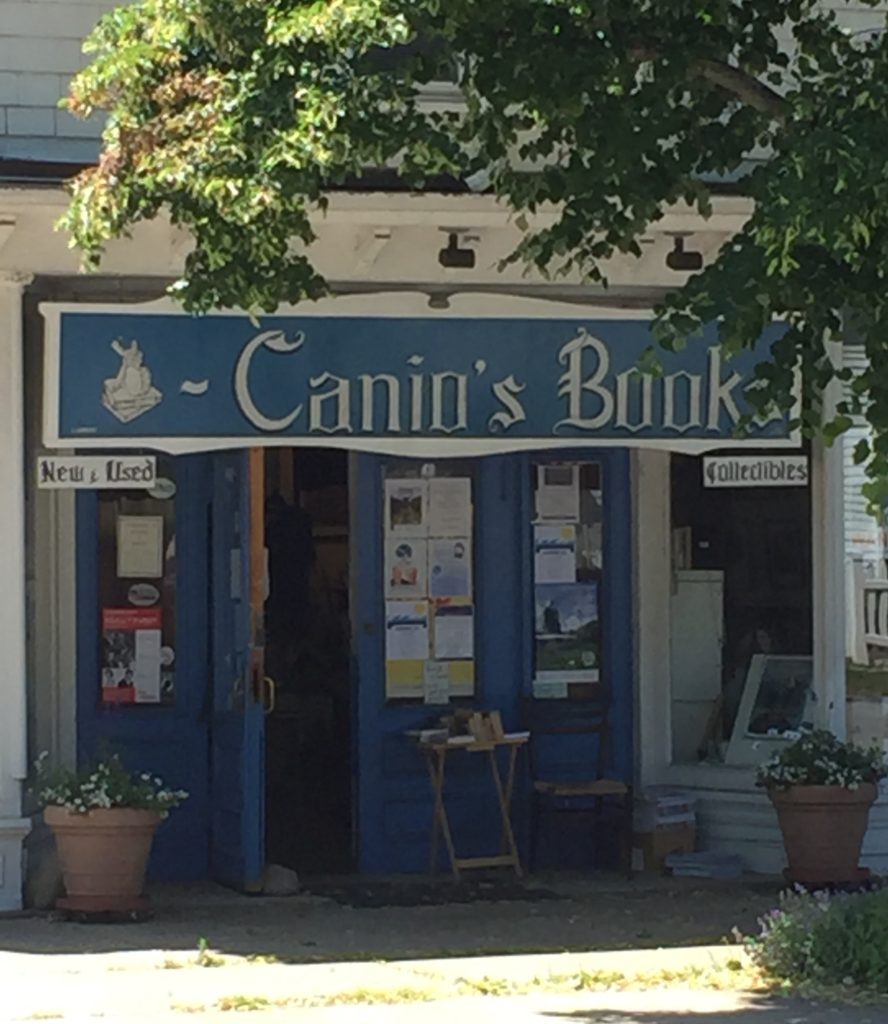
When I asked his name, he said, “Canio, like the store” which I later realized meant it was my lucky day to have met the original founder/owner of the bookstore which was established in 1980 by Canio Pavone, and is the oldest bookstore in Sag Harbor.
Lunch, First
But I’m getting ahead of myself. First, lunch with hubby. We chose a new-ish restaurant, Le Bilboquet on Long Wharf. It’s where B.Smith’s used to be (which closed about four years ago when restaurateur, former model, and author B. Smith could no longer run the place.)
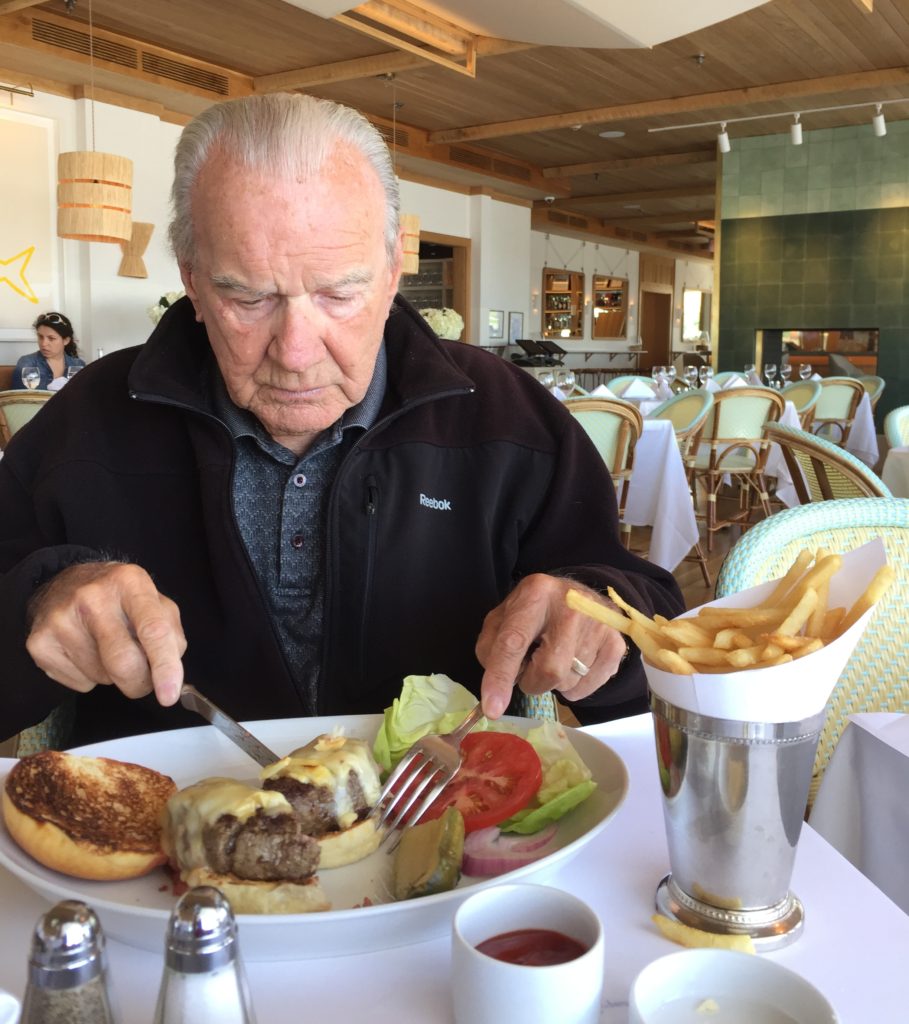
Le Bilboquet is French: the menu is in French and the waiters sometimes speak to you in French (simple phrases)– the wines are mostly French. And, the prices are French, but worth it. Despite the face (above) Joe really enjoyed the Bilboburger. Le Bilboquet is a gorgeous place with delicious food –and stunning views of the boats in the harbor.
Bookstore Buzz
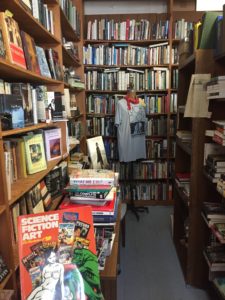
Only slightly buzzed from our lunch beverages, we made our way to Canio’s at the other end of Main Street. Canio sold the store to two booklovers, Kathryn Szoka and Maryann Calendrille, but obviously steps up to the cash register when needed. He wrote out a receipt for my purchase, Harold Evans’s, Do I Make Myself Clear? on an old fashioned receipt pad, in pen.
The store is exactly like you’d expect the longest-established bookstore to look (as the Mysterious Bookshop in Manhattan looks) with shelves upon shelves of books, seemingly haphazardly arranged, separated by the narrowest of walkways.
A copy of Thomas Harris’s latest, Cari Mora (which I have on my Kindle) stood on display at the cash register. I noticed it had a post-it stuck to it stating that the book had been signed by the author. “Did he have a book signing here?” I asked.
“No,” Canio shook his head. He’s a summer resident here. He comes in occasionally, and will disappear between shelves with copies of his books and sign them.”
Authors Paradise
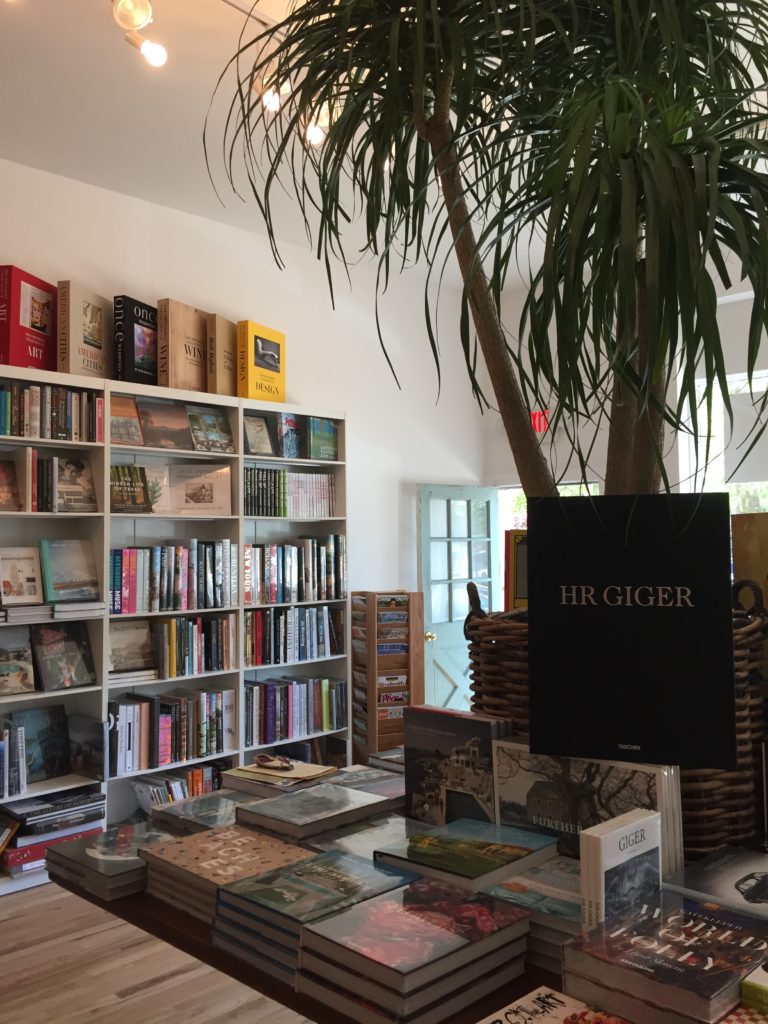
The afore-mentioned Joanna of Sag Harbor Books (main room above) is right. Sag Harbor is very literary. Historically, it was a whaling village, and it’s mentioned by Herman Melville in Moby Dick. Hence, the current Moby-Dick Marathon in town. It’s also been home and summer home to, among others, James Fenimore Cooper, John Steinbeck, E.L Doctorow and Colson Whitehead.
Books & Tea
When Taylor Rose Berry opened her bookstore in 2014, hers was the only other bookstore in town along with Canio’s. But, she, too, believes there’s room for all three shops. She said that each of the bookstores currently open in Sag Harbor, serve different purposes and has different vibes.
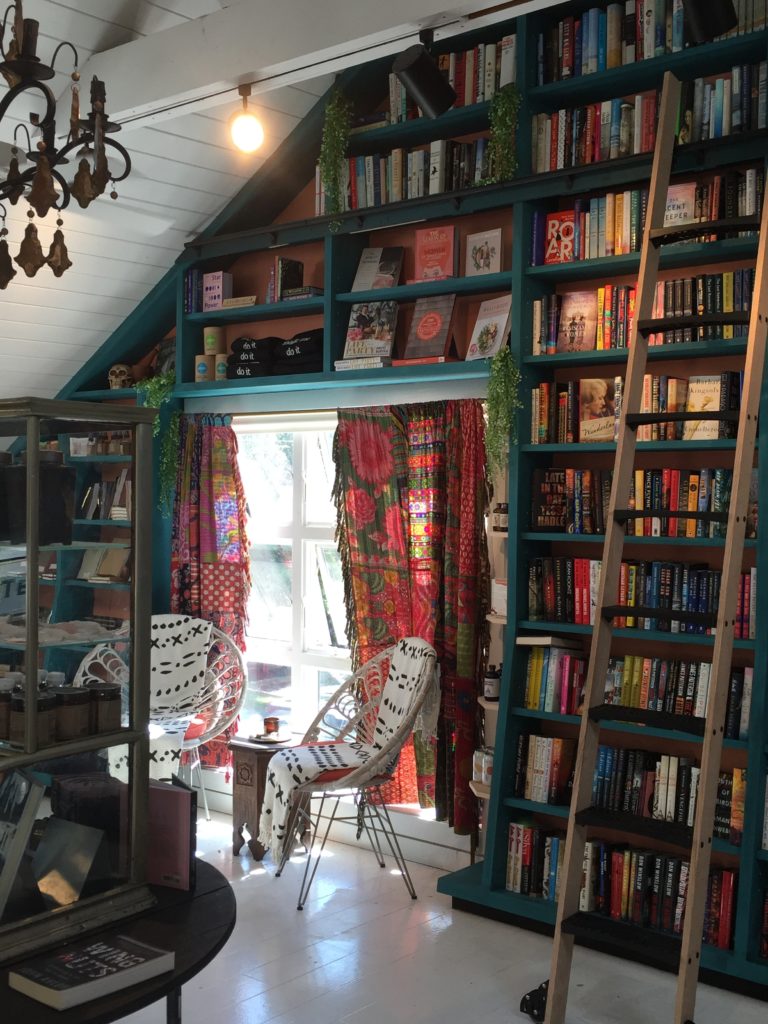
Berry& Co. is on the second floor, up an exterior wooden staircase, next to a coffee shop on Division Street. It has an atmosphere of a bright, airy attic room (photo above), under eaves, lined with floor to ceiling shelves, and where you might just be able to curl up on the chaise on the deck outside and sip a cup of tea while browsing.
Taylor also curates bookshelves for various stores in town, providing them with titles that will appeal to their particular clienteles.
So, Pros & Cons Anyone ?
My own are as follows:
Pros of E-books ..
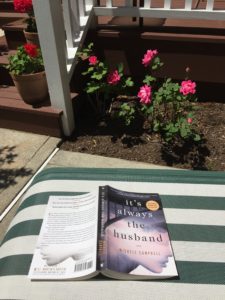
E-books provide instant gratification of possession. If I read a review of a book which I absolutely must have, I can have it within seconds by a couple of clicks in Amazon.
E-books are cheaper, lighter (you can carry hundreds of them on a seven ounce Kindle) –and if you fall asleep reading one and it falls off the bed, it doesn’t lose your page.
You can make notes and highlights without marking up the book, and keep them all in one section. You can instantly look up the meaning of a word by clicking on it. Although, brush over a word accidentally, and the dictionary will pop up automatically –and annoyingly– when you don’t really need it.
… And Cons?
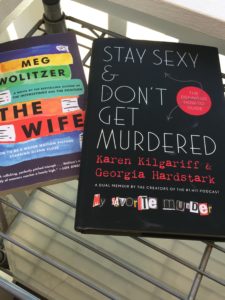
It’s not that easy to flip back or forward. Personally, I find Kindle awkward for flipping pages. Yes, it’s supposed to be easy. You swipe or tap, but sometimes the pages just don’t turn. Highlighting isn’t that easy either. Sometimes, drawing your finger over the sentences doesn’t work.
You can’t leave different books in different locations around the house. With a physical book, I can leave a couple of How-To’s on my desk in my office, or books on writing on accessible bookshelves. I can leave a paperback by the bathtub, or on my nightstand, or my reading corner. With e-books, each device is synced to open to the last book you were reading on any of your devices.
Bottom line: Books have always “furnished” any house I’ve called home. I can’t envisage a living space that doesn’t include books. IMHO, it’s just not home if there are no physical books around.
Note to my regular subscribers: You may have noticed I am posting my blog on Monday (instead of Saturday) mornings. I plan to do so for the rest of the summer, at least.
Please me know if you enjoyed this blog by clicking on the Like button.
There are a couple more advantages of e-books. One is simply that it’s made it possible for more people to publish, and for readers to try unfamiliar writers; you might not spend $16.99 on a book by someone you’ve never heard of, but $1.99 is different.
I also challenge the statement that you can’t leave different books in different places round the house! I have the Kindle Reader app on multiple devices, and being untidy, I leave them everywhere. They include my phone, so if I forget my Kindle for the morning commute, I can read on my phone instead and the book will sync to my other devices.
I haven’t stopped buying “real” books of course. One of the joys of bookshops, especially secondhand ones, is that you keep finding things you didn’t know you wanted to read. E-books aren’t so good for that, and they don’t give you the same kick as a well-designed cover or a row of colourful spines. Still, they have their place, and they’ve made a lot of new things possible.
Hi Mike: your point about having different books on different devices lying around the house is well made. And, yes, the added advantage is you can always sync to whatever e-book you want to read.
I also see your point about e-books making it easier for more writers to publish. But I don’t know enough about self-publishing to comment on how satisfying it is for authors, that is, how many readers they really engage with at that price to make it worthwhile.
Thank you for your comment. I’m just happy that we all still have the option to read both e-books and the printed versions — as and when we choose.
You do engage with the readers, if my own experience is anything to go by; or at least, they do sometimes review my books. (Not always politely, of course!)
I think most people are like me – they are more likely to download something by an unfamiliar author if it’s cheap, but they won’t bother unless they think they might read it.
I know how satisfying it must be to engage with readers especially when it comes to getting those all-important reviews. It’s the best feeling when a reader has actually read your book and liked it. I just don’t like the idea of readers downloading books for free. I truly believe in the saying that you usually don’t value “stuff” you get for free!
Ah, free no – apart from the very occasional promotion, I do not do that, for exactly that reason. I’ve never had any feedback on a book that was a free download.
Great post Joanna – as always!!
I fit squarely in the ebook camp, they really are all I buy these days, outside of graphic novels. The reason for this is simple. As a voracious reader space quickly becomes an issue. I have about 300 unread books on my kindle right now. Imagine trying to find space in a home for that many unread books!!
You also can’t beat the price of ebooks (often free). And, lastly, I think the ebook is closer to the original manuscript than print can ever be. After all, most authors these days write on computers and create digital files of their masterpieces 😉
Hi Eldon, thanks so much for your input. You’re right, space may be a factor. Still and all, there are some books, non-fiction mainly, and how-to’s that I like to see on my shelves. But like I said, it’s one of the advantages to be able to have hundreds of books on one little device. See above, I’m an avid e-book purchaser and reader myself!
The price argument leaves me a little cold, however. I have never and will never download an e-book or accept any book for free (unless I’ve been asked to write a review.) I believe if I want to read it, and have heard enough about it to want to try it then the author is entitled to be compensated for his/her work. I think you’ll also probably agree with me that there are hundreds (thousands?) of readers out there who will download anything and everything that’s free and then never look at the book again. I don’t think that’s good for anyone!
Oh wise Joanna, I hear where you’re coming from with free books. For years no one railed against the business sense of giving your product away for nothing more than me. But, it’s the industry that indies have largely created themselves. I’ve come to realize that if people are continuing to give their book away, and continue to publish, there must be profit in there somewhere, right? Take KU for instance. If you have a successful free promotion, the visibility will increase your page reads and put $$$ in your pocket.
But, don’t get me wrong, I totally agree the author deserves compensation. And even full price $2.99 books seems light some days.
And I also agree there are so many people who will download and forget your book – side effect of not having any investment in the product 😉
I don’t know if you’re right, Eldon, about there being profit in there somewhere. I think there may be some small comfort in readers downloading your books even if you don’t make money. Let’s face it, there are many traditionally published authors who don’t really make any profit as weighed against the time they’ve put into writing their books.
I’m just totally opposed to giving away something you’ve created. Free ARCs are okay — because they are advance copies for REVIEW. And Goodreads giveaways also seem to work because there are a limited number of free copies. But, I think that just giving away free copies indiscriminately is ruining it for every other self-published author.
One other point about e-books is that I feel they’re better for the environment. In my business I’ve tried to go paperless. While I can’t or won’t totally go paperless it has saved us a lot of money on paper and toner.
The other point about e-books is they don’t take up a lot of storage. I have books that I can’t bring myself to get rid of so they just take up space yet no one reads them.
You make an excellent point Vickie, about the environmental aspect of books vs. e-books. I didn’t even go there, but totally applaud your point. However, I do believe that some publishers of printed books are doing their (little) bit (at the moment) by printing smaller print runs and waiting for demand since it’s so easy these days to print more copies if there’s a demand for them. Thank you for your comment.
I always love reading your blogs when you provide more about your background. I learn something new about you all the time! I too vacillate between my Ipad E-books and the real deal hardcopy books and have found lately to be purchasing more of the hardcopies. We’ll see where I end up after this summer and I have to move again!
Thanks for reading, Cathy. Indeed, I am a bottomless pit of information about myself!!!!